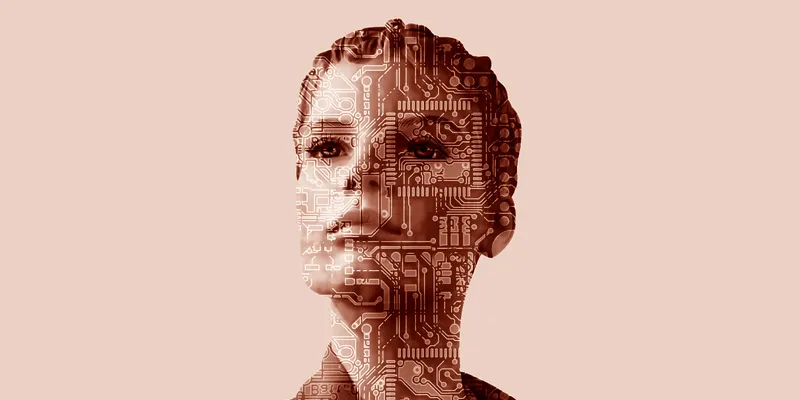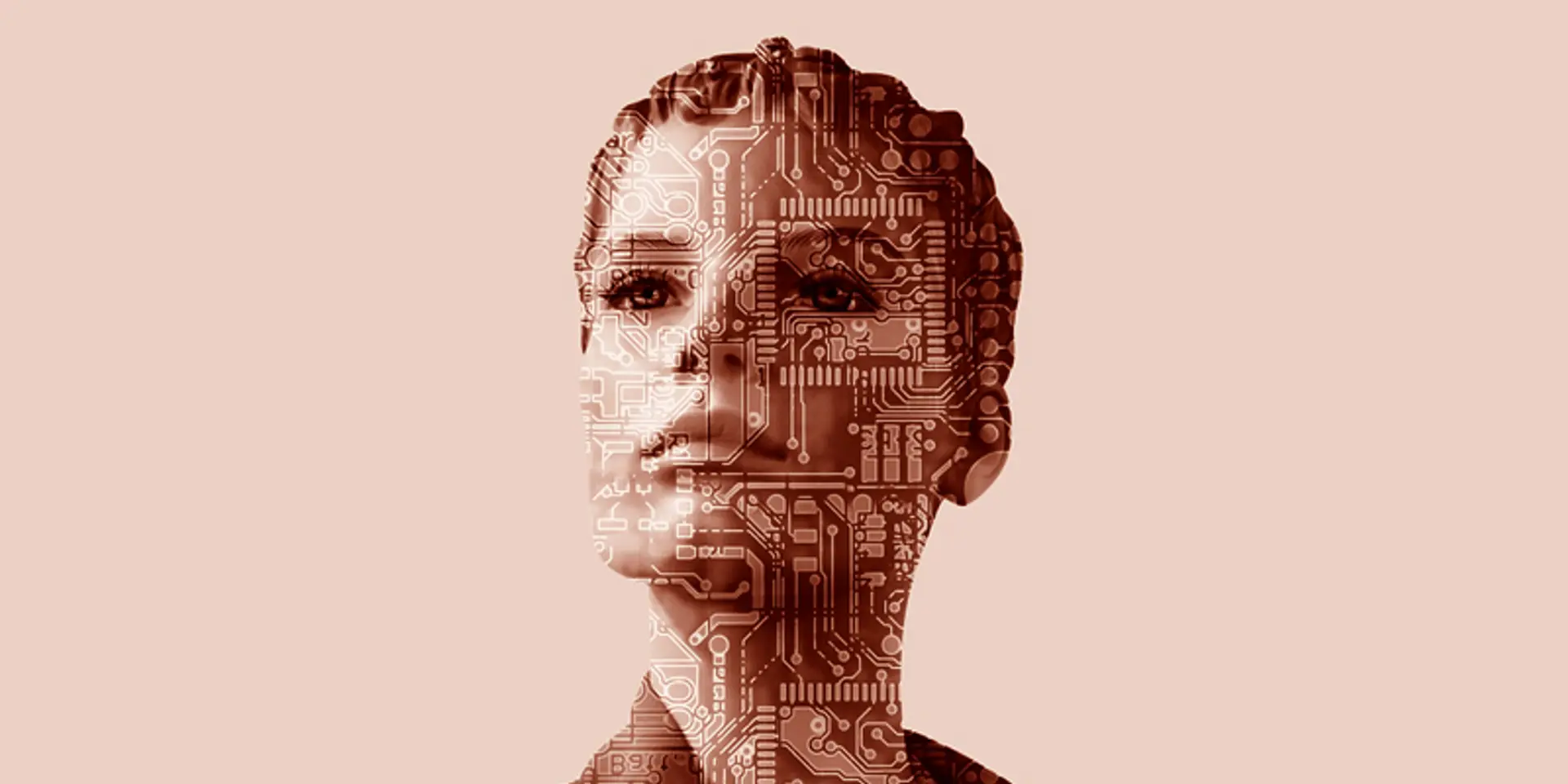AI-powered devices to read users' emotional state: Gartner
Personal devices will know more about an individual's emotional state than their own family as emotion Artificial Intelligence (AI) systems continue to become sophisticated, market research firm Gartner said on Tuesday.

"Emotion AI systems and affective computing are allowing everyday objects to detect, analyse, process and respond to people's emotional states and moods to provide better context and a more personalised experience," Roberta Cozza, Research Director at Gartner, said in a statement.
"To remain relevant, technology vendors must integrate AI into every aspect of their devices, or face marginalisation," she added.
Currently, emotion AI systems are being driven by the proliferation of Virtual Personal Assistants (VPAs) and other AI-based technology for conversational systems.
As a second wave emerges, AI technology will add value to more and more customer experience scenarios, including educational software, video games, diagnostic software, athletic and health performance and the autonomous car.
"Prototypes and commercial products already exist and adding emotional context by analysing data points from facial expressions, voice intonation and behavioural patterns will significantly enhance the user experience," Cozza said.
By 2021, 10 percent of wearable users will have changed lifestyles, and, thereby extend their life spans by an average of six months, the market research firm predicted.
Sixty percent of personal technology device vendors will use third-party AI cloud services to enhance functionality and services by 2020.



